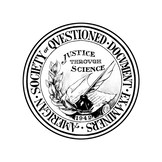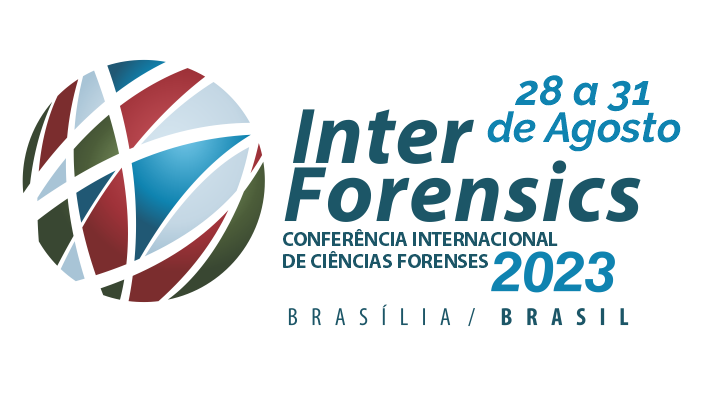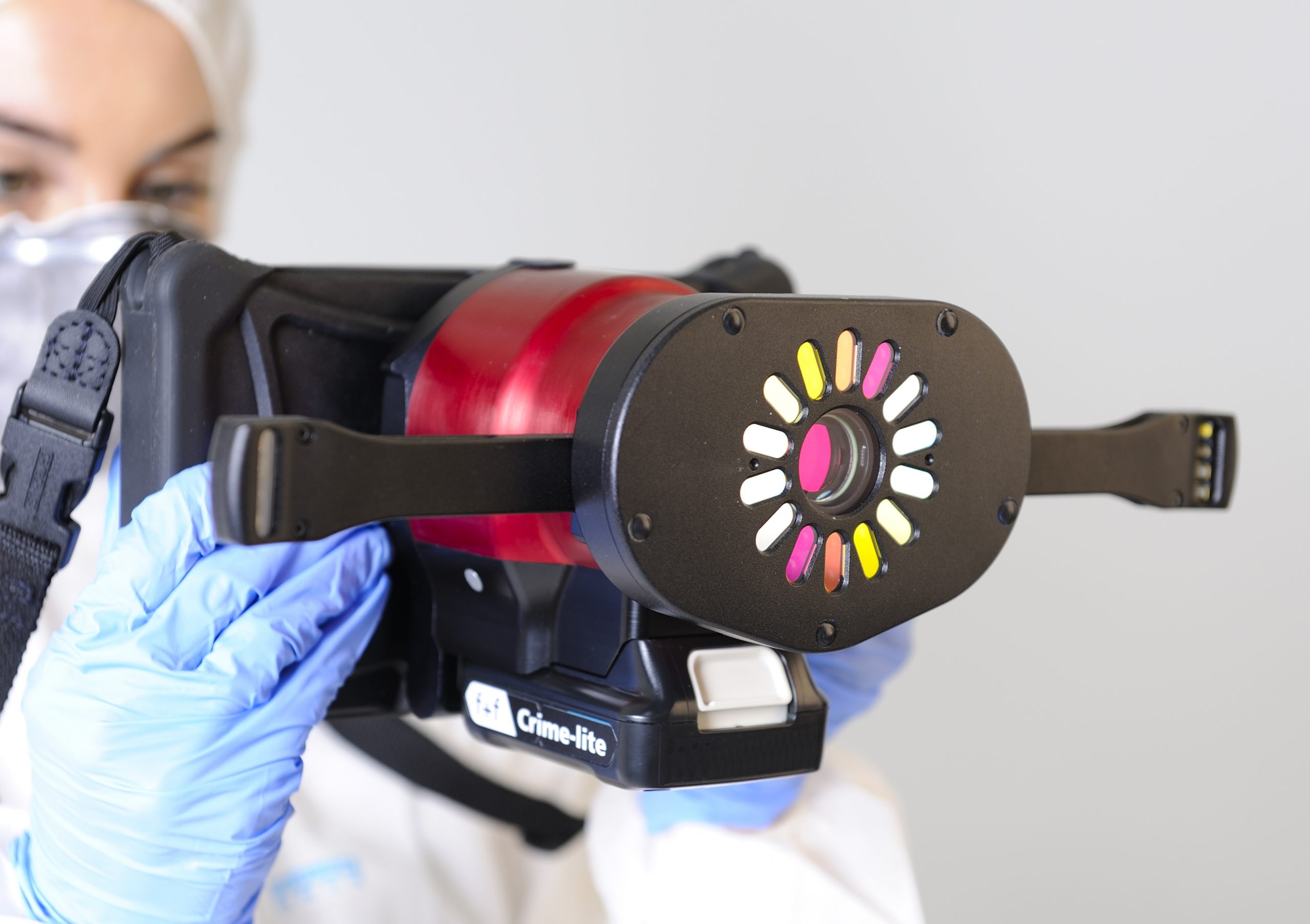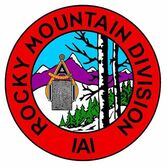
Identity Week Europe 2023
For 14 years Identity Week Europe has been the unmissable event of the year, connecting thousands of Identity professionals from across finance, government, retail, ecommerce, healthcare, travel and social media.

For 14 years Identity Week Europe has been the unmissable event of the year, connecting thousands of Identity professionals from across finance, government, retail, ecommerce, healthcare, travel and social media.

In this webinar we will be exploring how forensic technology is being used by museums, galleries, and conservators to reveal hidden histories and separate masterpieces from masterfakes.

In this webinar we will be asking the question: Can we really develop finger marks without chemical treatment?
We will discuss the theory behind chemical free fingermark development. We will go in-depth into the process, explaining the idea and the benefits/disadvantages of chemical free fingermark development.
We will demonstrate this theory in action with our products. Showing you how to develop fingermarks without chemicals using foster+freeman products effectively. We will have a 30 minute Q+A session where wee will answer any questions you have!

A chance to explore the full capabilities of our field, to delve into topics and techniques that are more uncommon, and to discuss new and ongoing challenges that are becoming more commonplace.

The IAI Annual Educational Conference is the largest organized event in the world that provides a full week of high-quality, cutting-edge education and hands-on training in forensic physical evidence examination and crime scene processing. Register now to ensure you experience all the IAI Conference has to offer!

The Midwestern Association of Forensic Scientists (MAFS) was founded in 1971 as a non-profit organization where scientists from the Midwest could gather and discuss unique cases or research to help further the field and solve problems within the disciplines.
Over the years, MAFS has grown to include participants from all over the U.S. and even some from outside the U.S.; however, the original goal of the organization has not changed. Annual fall meetings and spring workshops are held to provide opportunities for scientists to advance their expertise and share their knowledge with others. A visiting scientist program is available to aid laboratories with specific training needs. University students are encouraged to join the organization and present relevant research that may impact the field.

One of the biggest Forensic Sciences events in the world and the biggest in Latin America, InterForensics takes the seal and expertise of the Justice for Science Foundation, responsible for organizing and offering a unique experience!

In this Webinar we will be exploring all things Crime-lite AUTO! We will explore multiple aspects of the AUTO, we will go in-depth into the hardware, have a look at the multiple applications of the auto and showcase the range of the device. we will give you tips and tricks to using the device and explore the accessories for the device!
Forensic imaging technology meets powerful multi-spectral illumination in this complete solution to the search, detection, and capture of evidence.

The Rocky Mountain Division of the International Association for Identification, chartered in 1967, is composed of persons in Colorado, Wyoming and New Mexico, and is formed to associate persons who are actively engaged in the profession of forensic identification and scientific investigation so the profession in all of its branches may be effectively standardized and scientifically practiced. The RMDIAI also works with the parent organization and other chartered divisions to advance the field of scientific identification.
The Asian Forensic Sciences Network (AFSN) was formed in 2008 with the purpose of having a platform for forensic scientists in Asia to come together to discuss, share, and advance forensic science. We have grown from 6 member institutes from 6 countries in 2008 to 64 member institutes from 17 countries (as at November 2022). Currently, AFSN has 9 technical workgroups (Crime Scene Investigation, Digital Forensics, DNA, Fingerprint, Forensic Medicine, Illicit Drugs, Toxicology, Trace Evidence, Questioned Document) and a Quality Assurance and Standards Committee. AFSN holds an annual meeting every year for its members.

The California Association of Crime Laboratory Directors grew out of its predecessor organization, the Criminalistics Management Association (CMA). It was founded in the 1960’s by many of the same criminalists who founded the California Association of Criminalists.

The ENFSI (European Network of Forensic Science Institutes) and its Working Groups annually organize international events with the participation of professionals from various forensic disciplines and institutions, both public and private, belonging to the ENFSI network. The EPGT EWG Annual Meeting brings together specialist and representatives from about 26 European and non-European countries and 40 Forensic Science Institutes.